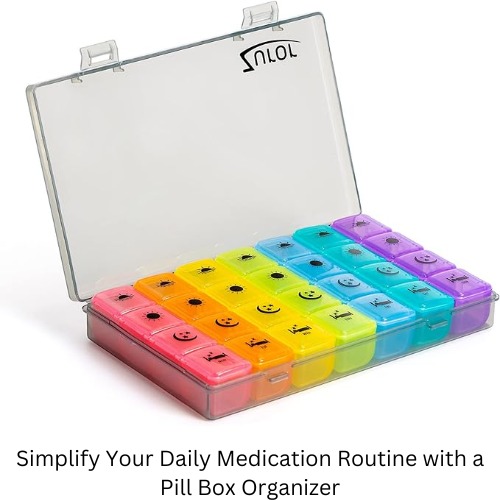Monetizing a niche website can be a highly profitable venture, but it requires a strategic approach to ensure that you maximize your earnings while keeping your audience engaged. Niche websites typically cater to specific interests, allowing you to create highly targeted advertising opportunities that resonate with your visitors.
In this article, we’ll explore several effective strategies to monetize a niche website and ensure that your advertising efforts drive meaningful revenue.
1. Leverage Contextual Advertising for Relevance
Contextual advertising is an excellent option for niche websites because it ensures that the ads displayed are relevant to the content on your site. For example, if you run a website about vegan recipes, displaying ads for plant-based products or vegan cookbooks will likely yield better results than generic ads.
By using contextual ad networks, you can display ads that are directly related to your niche, increasing the chances of clicks and conversions. The more relevant the ad is to your content, the more likely your visitors will engage with it.
2. Offer Sponsored Content to Targeted Brands
Sponsored content is another great way to monetize a niche website. Brands are often willing to pay for well-crafted articles, reviews, or blog posts that feature their products in a positive light. Since your audience is already interested in your niche, sponsored content offers a natural way to introduce products or services to your readers.
Make sure the sponsored content aligns with your audience’s interests and adds value to your site. Authenticity is key—your readers will trust you more if you recommend products or services that genuinely fit within your niche.
3. Use Affiliate Marketing for Niche Products
Affiliate marketing can be particularly profitable for niche websites. With affiliate marketing, you earn a commission for every sale made through your referral links. By promoting products or services that are relevant to your niche, you can create a win-win situation where your audience gets valuable recommendations, and you earn money from the sales.
For example, a travel website can promote affiliate links for travel gear, booking services, or travel insurance. The key is to choose affiliate programs that fit naturally within your site’s content and cater to your audience’s needs.
4. Sell Ad Space to Niche Brands
Instead of relying solely on ad networks, consider selling ad space directly to businesses within your niche. This gives you greater control over the types of ads displayed on your site and allows you to negotiate pricing directly with advertisers.
By selling targeted ad placements, you can ensure that the ads on your site are relevant to your audience while generating more revenue. Direct partnerships with niche brands can be more lucrative than working with general ad networks, as advertisers are often willing to pay a premium for highly focused audiences.
5. Create and Sell Digital Products
If you have expertise in your niche, creating and selling digital products can be an excellent way to monetize your website. Digital products such as eBooks, courses, or downloadable guides can provide significant value to your audience while offering you a steady income stream.
For instance, if you run a fitness blog, you could sell workout plans, meal prep guides, or training videos. The advantage of digital products is that they require an upfront investment of time to create but can be sold indefinitely, making them a highly scalable monetization method.
6. Membership or Subscription Services
Offering a membership or subscription service for premium content is another way to monetize a niche website. This approach works well if your audience is engaged and values exclusive content that can’t be found elsewhere.
For example, a finance website could offer premium access to in-depth market analysis or investment strategies, while a tech blog might provide detailed how-to guides or access to a private community. Subscription services create a recurring revenue stream, allowing you to generate consistent income.
7. Focus on Quality Content to Boost Engagement
At the core of any successful monetization strategy is high-quality content. Whether you’re displaying ads, promoting affiliate products, or offering premium services, your content needs to be engaging and relevant to your audience.
Great content keeps visitors on your site longer, increasing the chances of ad impressions, clicks, and conversions. It also builds trust with your audience, making them more likely to engage with any products or services you recommend.
Conclusion
Monetizing a niche website can be highly rewarding, especially when you use targeted strategies that cater to your audience’s specific interests. From contextual advertising and affiliate marketing to selling digital products and ad space, there are numerous ways to generate revenue without compromising the user experience.
By focusing on relevance, authenticity, and high-quality content, you can create a website that not only serves your audience but also drives significant income.















